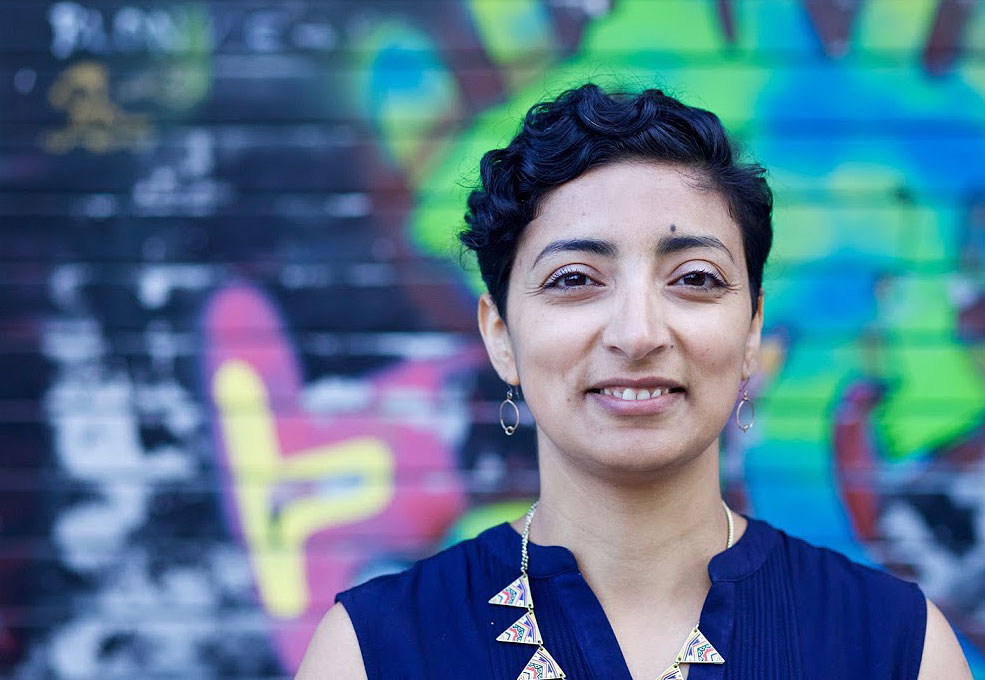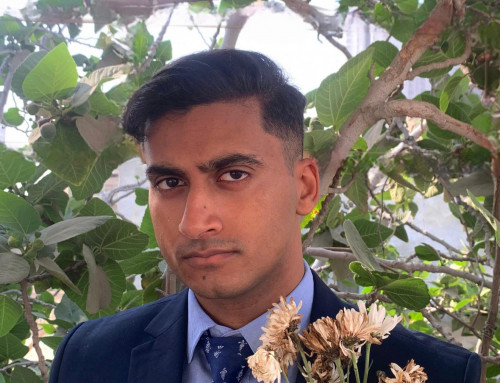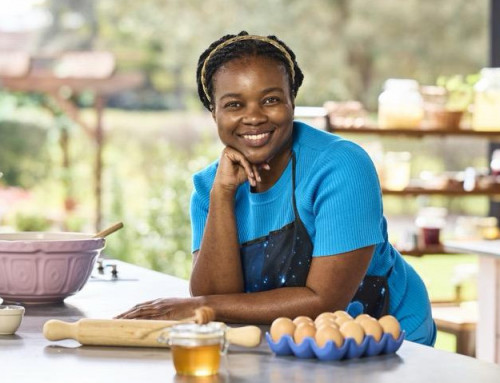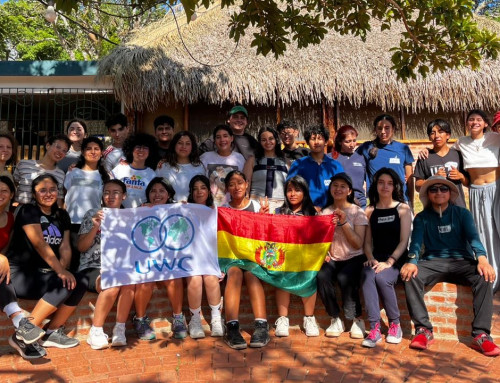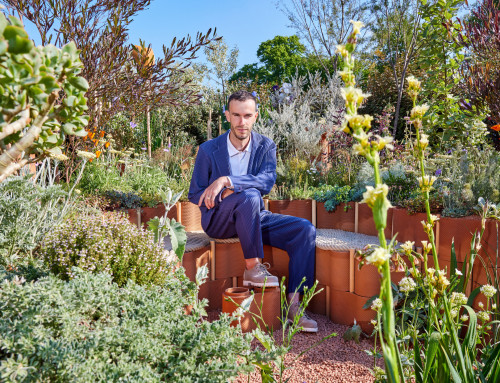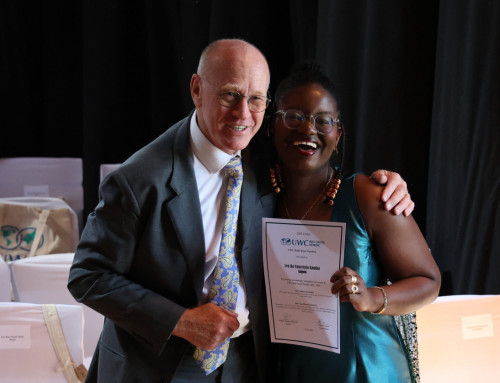When I moved from Palestine to Norway to attend UWC Red Cross Nordic, it was more than a culture shock. I had not met any of my classmates or teachers before, knew virtually nothing about Norway – except that Oslo was the place where the infamous peace accord between Palestinians and Israelis was signed- and spoke very little English. Despite this, my two years at RCN remain the most important and transformational of my life. I learned numerous things, about my academic subjects, about different countries and cultures, and the skills needed to thrive in today’s world.
Many of the values I hold dear today, such as respect for the environment, belief in democracy and universal human rights, and appreciation for peace and international understanding, all at the core of the UWC education But of all the things I learned, two skills stand out as the ones that influenced the development of the person I am today the most: Critical Thinking and Empathy.
To me Critical Thinking means always asking why? What if? And, is there more to this? These questions have always served me well in both my personal and professional life. Looking back on times when I made poor choices, it is always when I failed to employ my critical thinking skills.
Empathy can be defined as the drive to identify another’s thoughts and feelings, and to respond to these with an appropriate emotion. Our empathy is usually higher for people we perceive to be part of our group than those we see as “outsiders”. Gaining empathy for those different from us is easier when we get to know the “other” and spend time with them. There is no better place to do that than the common room, cafeteria or computer lab of a United World College. At RCN I lived and studied with 199 students from 85 different nationalities. Some came from places I’ve never heard of before, others from places I knew well, and some from places I held deep seated beliefs and prejudices about. It took only a few weeks for all 199 of them to become good friends of mine. By the end of the two years it was impossible to think of a country somewhere in the world and not think of a friend from that place. When you have close friends from all around the world it becomes easier y to empathize with their people. This is true even for groups that may be in conflict with one another.
So when I met Professor Simon Baron-Cohen, who studies the neuroscience of empathy, a couple of years ago, I became interested in the potential of understanding the science behind empathy and the relevance this has for peace- building and conflict resolution. My conversations with Simon, other scientists and groups working in peacebuilding led me to establishing Empathy for Peace (EfP). EfP is a not-for-profit organization dedicated to the advancement of empathy research and application. We believe that empathy is the key to building peaceful, just and fair communities, and our goal is to advance empathy awareness through research and education with specific applications to evidence-based conflict resolution, peace and reconciliation processes.
We will do that by 1- funding scientific empathy research, 2- supporting the translation and dissemination of the research findings, 3- supporting community groups in applying the research to develop empathy-based tools for peacebuilding and conflict resolution.
Empathy for Peace is the culmination of everything I learned at UWC and 15 years of learning and growth after that. I cannot think of anything else I could have done that embodies the UWC spirit more, and I am so excited to begin this new leg of my journey since graduating into the real world in 2002! I am today more than ever grateful for my UWC education and the precious two years I spent in my adopted country, Norway.
To learn more about Empathy for Peace visit www.empathy-for-peace.org
To contact Haifa email at haifa.staiti@gmail.com
Haifa Staiti, Palestine, 2002
Founder and Executive Director, Empathy for Peace
————————————————————-
For profiles and news of other students and alumni, click here.

